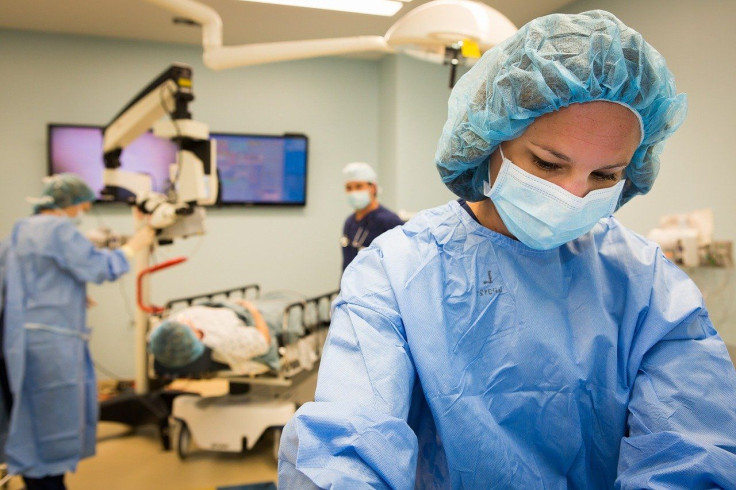Early Removal Of Ovaries Speeds Up Aging, Raises Risk Of Arthritis And Sleep Apnea: Study

Early removal of ovaries can result in the development of chronic medical conditions and premature aging, a new study shows. Women who undergo oophorectomy before the age of 46 may have a greater risk of arthritis, sleep apnea and broken bones.
An oophorectomy is a surgical procedure to remove either one or both of the ovaries. Ovaries play an important role in the production of estrogen and progesterone, the hormones crucial for menstruation and ovulation. Apart from the reproductive role, these hormones are necessary for brain health, bone strength and regulating blood sugar levels.
Oophorectomy is done in people with conditions such as endometriosis, ovarian cancer and noncancerous tumors in the ovaries. When the procedure involves removing one ovary, it is called unilateral oophorectomy, while the removal of both ovaries is known as bilateral oophorectomy.
For the latest study, researchers from the Wake Forest University School of Medicine in North Carolina evaluated 274 women who had a PBO (premenopausal bilateral oophorectomy) with or without a hysterectomy (surgical removal of the uterus).
The health records of the participants were assessed to determine chronic conditions. Using neurocognitive testing and physical function assessment, their cognitive function, strength and mobility were measured.
The researchers found that women who underwent a PBO between the ages of 46 and 49 had a higher risk of developing arthritis and obstructive sleep apnea. Women who underwent the procedure before the age of 46 had an elevated risk of arthritis, asthma, obstructive sleep apnea and broken bones.
"Women with a history of PBO (premenopausal bilateral oophorectomy) with or without concurrent or preceding hysterectomy, especially at age <46 years, have more chronic conditions in late mid-life compared with referents," the researchers wrote in a paper published in the journal Menopause.
Researchers hope the findings will help patients who are considering oophorectomy to make informed decisions about the procedure.
"The study is important because it emphasizes information that we already know, and that is that ...premenopausal bilateral oophorectomy [PBO] is not good for women's health, and it's associated with increased odds of a number of chronic diseases," said Dr. Stephanie Faubion, director of women's health at the Mayo Clinic, which led the study.



























